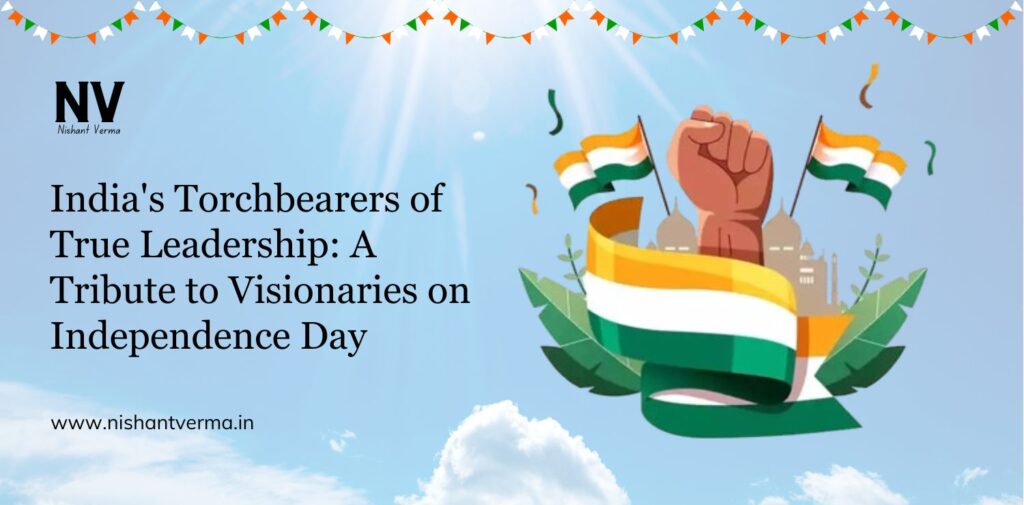India’s journey since independence has been a tale of trials, triumphs, and transformations. As we reflect on the progress our nation has made, it’s essential to recognize those leaders who have genuinely contributed to India’s growth, prosperity, and global stature. On the occasion of Independence Day, we celebrate the legacy of leaders who have embodied the true essence of leadership, integrity, and patriotism. Among these, a few stalwarts stand tall, guiding India with a vision rooted in the nation’s rich cultural heritage and democratic principles.
Sardar Vallabhbhai Patel: The Architect of United India
Sardar Vallabhbhai Patel, known as the “Iron Man of India,” played a pivotal role in uniting the diverse princely states into a cohesive nation post-independence. His unwavering determination and astute political insight ensured that India remained unified, setting the foundation for the country we know today. Patel’s approach was pragmatic yet firm, ensuring that no princely state could undermine the integrity of the newly independent nation.
Patel’s legacy is a lesson in strong, decisive leadership. His dedication to the nation was not marred by personal ambition or corruption, unlike some leaders who have tarnished the image of Indian politics. Patel’s commitment was to the nation and its people, not to power or position. His vision of a united India was not just about geographical integration but also about fostering a sense of national identity and pride among its citizens.
In today’s context, where political leaders often place personal gains above national interests, Patel’s legacy serves as a stark contrast and a reminder of what true leadership should embody. His contributions remain a benchmark for governance and patriotism.
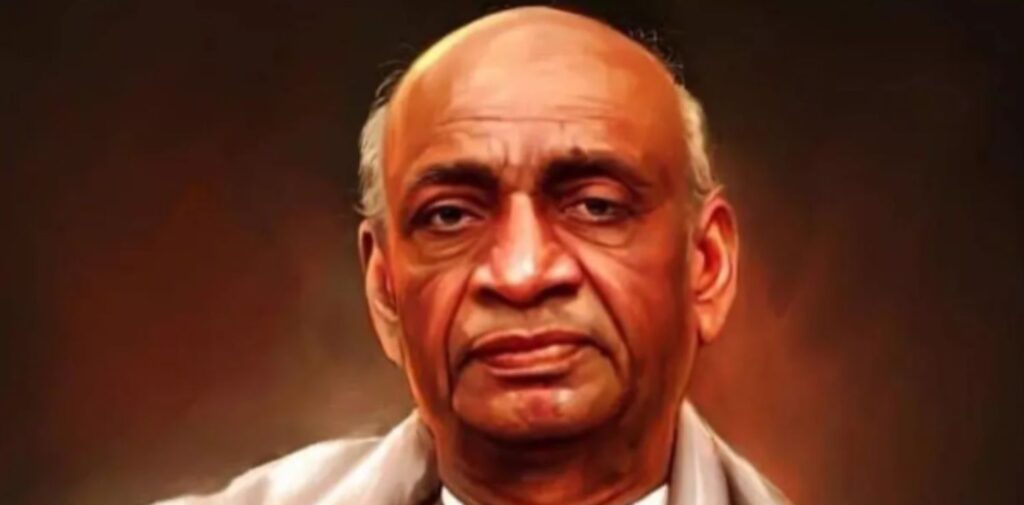
Narendra Modi: The Visionary Reformist
Prime Minister Narendra Modi’s leadership has ushered in a new era of governance in India. Modi’s vision for India is rooted in development, good governance, and a robust international presence. His tenure has been marked by significant reforms, including the implementation of GST, the Digital India initiative, and the Make in India campaign, all aimed at transforming India into a global powerhouse.
Modi’s approach to governance has been characterized by a strong focus on accountability and transparency, in stark contrast to the corruption and inefficiency that have plagued previous administrations. His policies are not just about immediate gains but are aimed at long-term structural changes that will benefit future generations. Under his leadership, India has seen unprecedented infrastructural growth, improved international relations, and a stronger focus on self-reliance.
Modi’s ability to connect with the masses, his clear vision for the future, and his relentless drive for development have set him apart from his predecessors. While detractors often criticize him, the results of his governance speak for themselves. In an era where political corruption has often overshadowed genuine leadership, Modi stands as a beacon of hope and integrity.
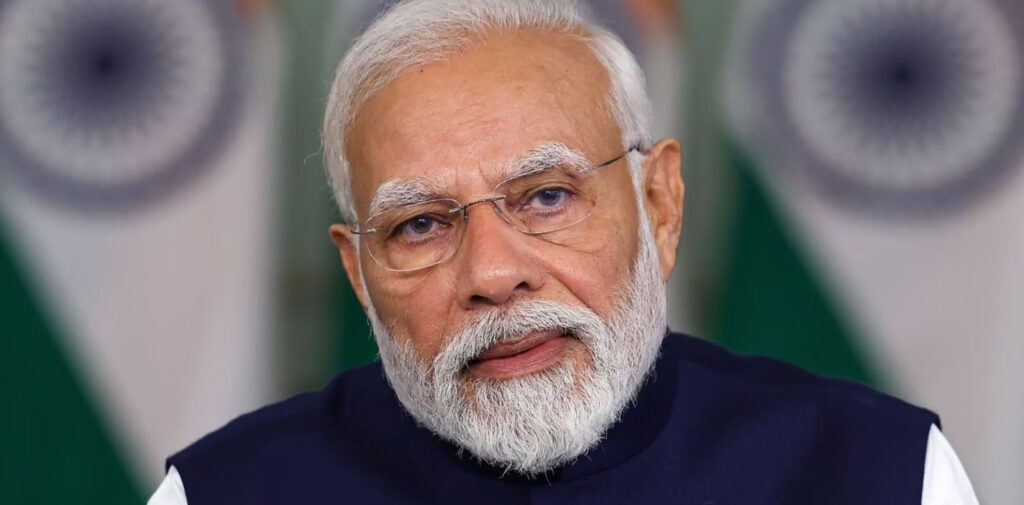
Yogi Adityanath: The Torchbearer of Cultural Revival
Yogi Adityanath, the Chief Minister of Uttar Pradesh, represents a blend of tradition and modernity. His leadership is marked by a focus on cultural revival, law and order, and development. Yogi’s administration has taken significant steps to improve the state’s infrastructure, attract investment, and enhance the quality of life for its citizens.
What sets Yogi apart is his commitment to upholding India’s cultural heritage while driving modernization. His initiatives to restore and promote ancient cultural and religious sites, alongside his strict stance on law and order, have earned him respect and admiration. Under his governance, Uttar Pradesh has seen a decline in crime rates and an increase in industrial growth, proving that development and cultural preservation can go hand in hand.
Yogi’s leadership is a direct challenge to those who claim to represent Indian values but indulge in corrupt practices and self-serving agendas. His work ethic, commitment to public service, and adherence to India’s cultural values make him a true leader in every sense of the word.
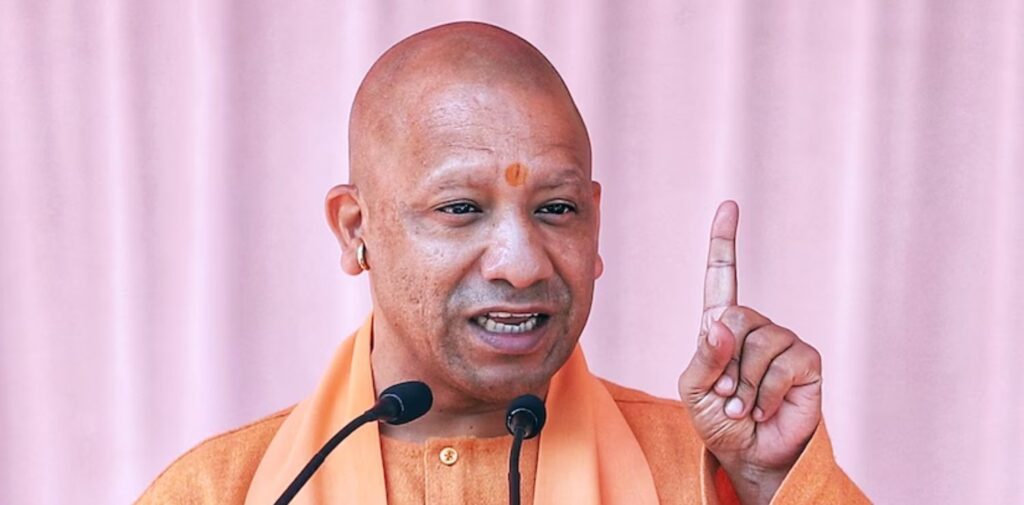
Lal Bahadur Shastri: The Embodiment of Simplicity and Integrity
Lal Bahadur Shastri, India’s second Prime Minister, is remembered for his simplicity, humility, and unwavering integrity. Shastri’s leadership during a critical time in India’s history, particularly during the Indo-Pak war of 1965, demonstrated his courage and resolve. His famous slogan, “Jai Jawan Jai Kisan,” resonated with millions and highlighted the importance of the nation’s soldiers and farmers.
Shastri’s tenure was short but impactful. He did not indulge in the trappings of power, nor did he allow corruption to influence his decisions. His leadership was based on principles of honesty, dedication, and service to the nation. In a political landscape often marred by scandal and dishonesty, Shastri’s legacy stands as a beacon of what true leadership should look like.
Today’s political climate, unfortunately, often witnesses leaders who prioritize personal gain over public service, making Shastri’s example even more relevant. His life and work remind us that leadership is not about power or prestige but about serving the nation with integrity and humility.
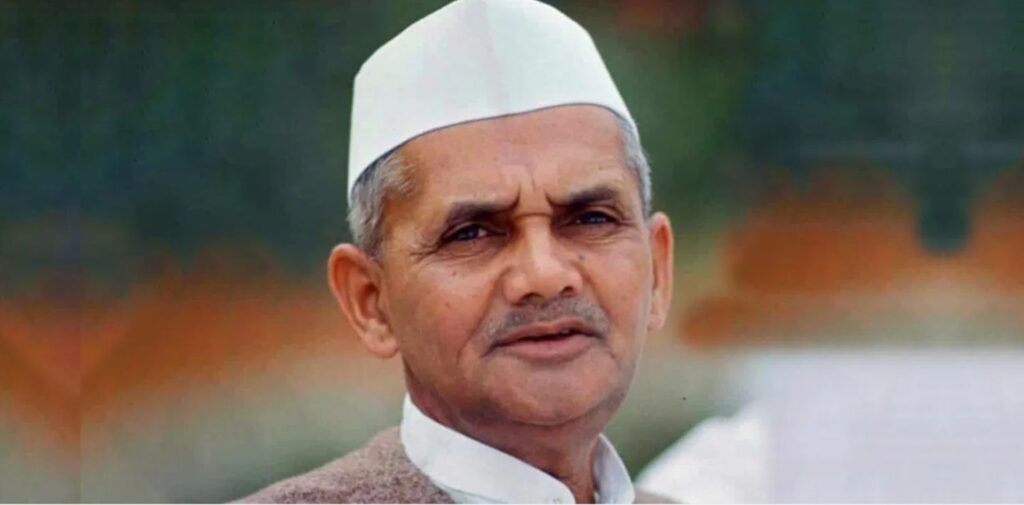
Atal Bihari Vajpayee: The Statesman with a Vision
Atal Bihari Vajpayee, one of India’s most revered Prime Ministers, was a leader who combined political acumen with a deep sense of humanity. Vajpayee’s tenure was marked by significant achievements, including the nuclear tests at Pokhran, which established India as a nuclear power, and the successful implementation of the Golden Quadrilateral project, which revolutionized India’s road infrastructure.
Vajpayee was a leader who believed in inclusive development and democratic values. His ability to build consensus, even with opposition parties, showcased his statesmanship. Unlike many leaders who are driven by partisan politics and personal agendas, Vajpayee’s focus was always on the nation’s welfare. His poetic eloquence and statesmanlike demeanor made him a respected figure across the political spectrum.
In an era where political discourse is often marred by divisiveness and vitriol, Vajpayee’s approach to governance and politics serves as a model for how leaders should conduct themselves. His legacy is a reminder that leadership is not just about winning elections but about earning the respect and trust of the people.
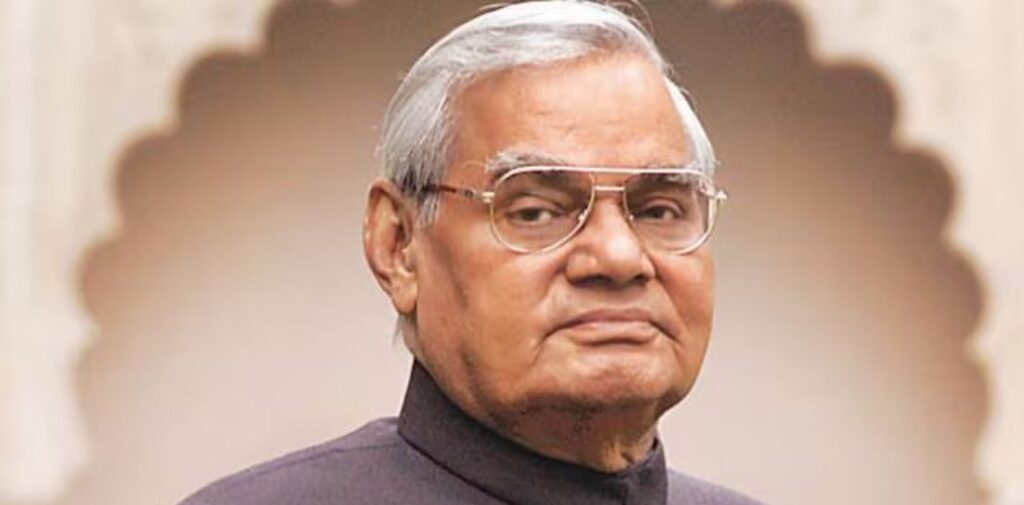
Dr. APJ Abdul Kalam: The People’s President
Dr. APJ Abdul Kalam, fondly known as the “Missile Man of India,” was a leader who inspired millions with his vision, humility, and dedication to the nation. As a scientist and the 11th President of India, Dr. Kalam played a crucial role in advancing India’s space and missile programs. His leadership was characterized by a focus on innovation, education, and national development.
Dr. Kalam’s tenure as President was marked by his ability to connect with people from all walks of life, especially the youth. His vision for India, encapsulated in his book “India 2020,” was of a nation that is economically developed, technologically advanced, and socially inclusive. Unlike many political leaders who are often disconnected from the realities of the common people, Dr. Kalam’s life and work were dedicated to the service of the nation.
In a political environment where leaders often prioritize personal gain, Dr. Kalam’s life is a testament to selfless service and true patriotism. His legacy continues to inspire future generations to dream big and work tirelessly for the nation’s progress.
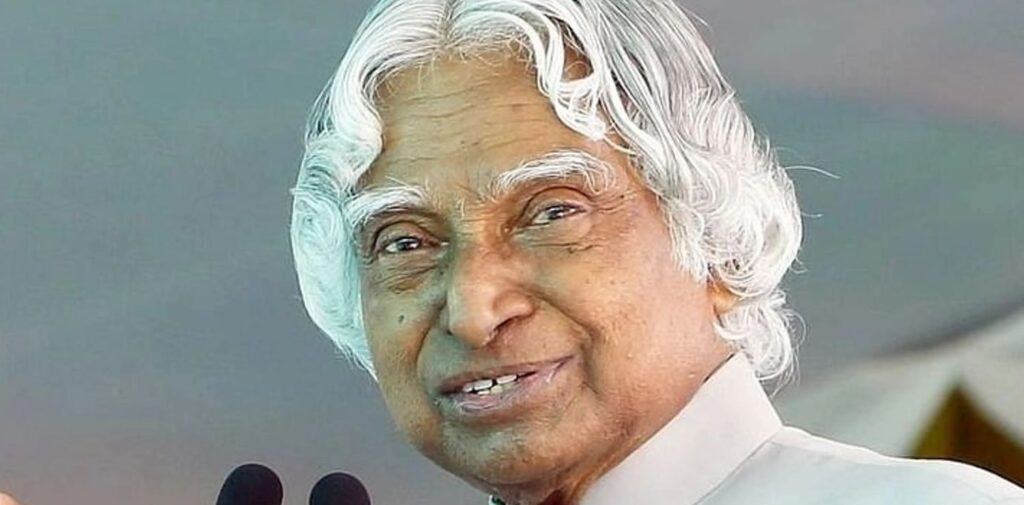
A Reality Check on Corruption and Leadership
As we celebrate these exemplary leaders, it’s crucial to acknowledge the stark contrast between them and those who have, unfortunately, tainted India’s political landscape with corruption and self-serving agendas. The leaders we honor today have demonstrated that true leadership is about serving the nation and its people with integrity, vision, and dedication.
However, the reality is that India’s political arena has often been dominated by leaders who prioritize personal gain over public service. Corruption, nepotism, and lack of accountability have plagued many administrations, hindering the nation’s progress. These so-called leaders, who claim to represent the people, have often indulged in practices that are detrimental to the country’s growth and development.
On this Independence Day, as we reflect on India’s journey and the leaders who have shaped it, it’s important to hold those in power accountable. Leadership is not about rhetoric or empty promises; it’s about action, integrity, and a commitment to the nation’s welfare. The leaders we celebrate today have set a high standard for what true leadership should look like.
Embracing the Legacy of True Leadership
India’s future depends on the leaders we choose to follow and the values we uphold. As we look back on the contributions of leaders like Sardar Vallabhbhai Patel, Narendra Modi, Yogi Adityanath, Lal Bahadur Shastri, Atal Bihari Vajpayee, and Dr. APJ Abdul Kalam, we are reminded of the qualities that define true leadership: integrity, vision, dedication, and a deep commitment to the nation’s welfare.
In a political landscape often marred by corruption and self-serving agendas, these leaders stand as shining examples of what India needs to continue its journey toward becoming a global powerhouse. As we celebrate Independence Day, let us not only honor their legacy but also commit ourselves to upholding the values they embodied. Let us strive to ensure that India’s future is shaped by leaders who prioritize the nation’s interests over their own, who serve with integrity, and who work tirelessly for the betterment of all its citizens.
The path to a brighter future lies in embracing the legacy of true leadership and rejecting the corrupt practices that have held us back. India deserves leaders who are committed to its progress, who inspire with their vision, and who lead with integrity. On this Independence Day, let us celebrate the leaders who have truly made a difference and continue to inspire the nation with their exemplary lives and work.

